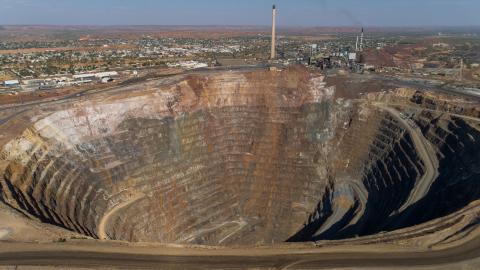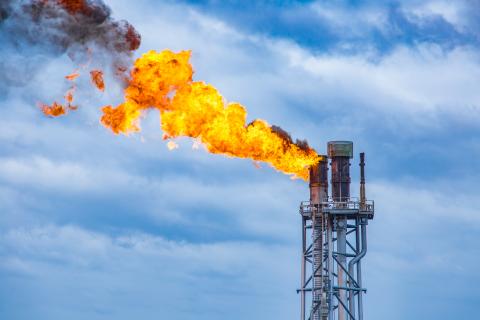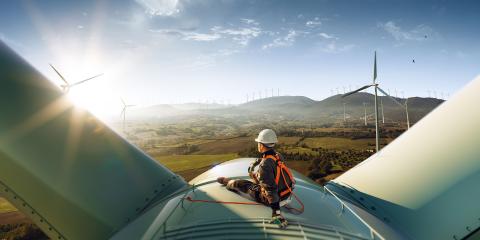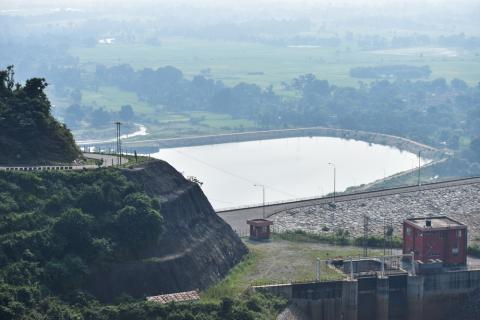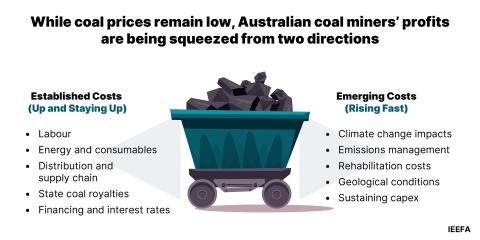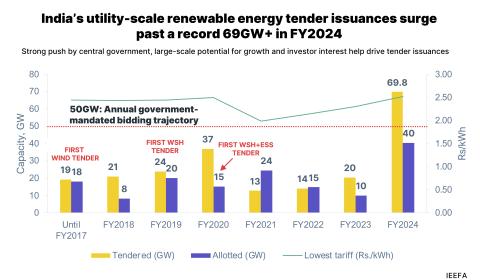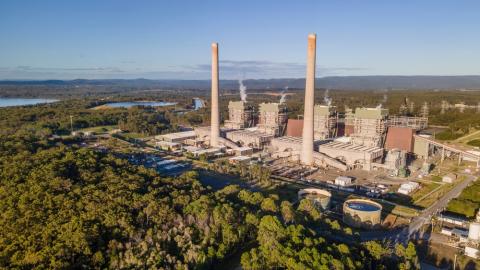South Korea shifting further away from coal
Download Full Report
Key Findings
Under the new draft plan, the government intends to increase the share of power output from renewable energy sources by up to 35% by 2040, up from around 8% currently.
The government will “drastically” cut power generation from coal by banning new coal-fired power plants and closing old ones.
Executive Summary
The South Korean Ministry of Trade, Industry and Energy has proposed to increase the country’s renewable energy ambition. The country is likely to now target 30-35% renewable energy by 2040, up from 8% now. The Ministry also stated it will “drastically” reduce coal-fired power generation by banning new coal plants and retiring old ones.
Also this month, the government is raising the coal import tax a further 28% and cutting LNG import tax 75% in an effort to reduce reliance on coal. The coal tax will now be US$40/t. These moves come on top of those already taken in 2017- 18 to shift South Korea away from coal.
These new government moves further undermine the rationale for the Bylong thermal coal project in NSW. The Bylong project proponent is KEPCO, a South Korean government-owned entity.
South Korea is one of NSW’s four major thermal coal export destinations. The South Korean government’s announcement further clouds the future of the NSW thermal coal sector. Exports from NSW to South Korea peaked in 2015 (Fig. 1).
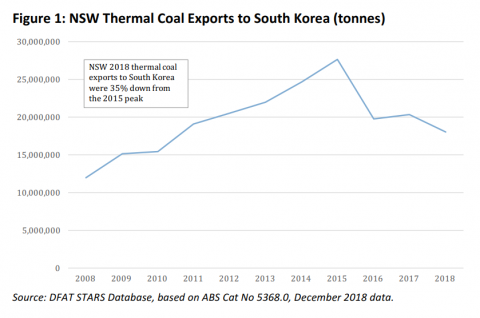
Please view full report PDF for references and sources.





